USCIS Revises Green Card Rules for Individuals with Exceptional Ability

The United States Citizenship and Immigration Services (USCIS) has implemented significant updates to its guidelines for the EB-1 visa category, commonly known as the "extraordinary ability" green card.
These modifications are particularly relevant for highly skilled professionals with STEM backgrounds who are seeking expedited pathways to permanent residency in the United States. The EB-1A subcategory, designed for individuals demonstrating extraordinary ability in sciences, arts, education, business, or athletics, has gained increased attention as an alternative to the severely backlogged EB-2 and EB-3 categories. Recent data from the National Foundation for American Policy (NFAP) confirm this trend.
Recognition of Team Achievements
In a notable shift, the USCIS now acknowledges team awards under the criterion for nationally or internationally recognized prizes. This modification significantly benefits professionals whose accomplishments are often collaborative in nature. This expands the scope of acceptable evidence for extraordinary ability.
Broadened Membership Criteria
The updated guidelines have relaxed the requirements regarding memberships in prestigious organizations. Applicants can now present past memberships in exclusive groups within related fields thus providing greater flexibility in demonstrating their professional standing.
Refined Publication Requirements
The USCIS has streamlined the evaluation of published materials about the applicant. The new approach eliminates the need for publications to explicitly demonstrate the value of an individual's contributions to their field, instead focusing on the overall achievement highlighted in the published content.
Expanded Definition of Exhibitions
Previously limited to artistic displays, the term "exhibition" now encompasses non-artistic presentations of work. This broadened interpretation benefits applicants from diverse fields, including science and business, who can now utilize public demonstrations of their work as supporting evidence. Immigration experts suggest these updates may effectively expand eligibility criteria while enhancing transparency in the application process.
The changes are particularly significant as applicants must meet at least three out of ten evidentiary criteria to qualify for an EB-1 visa. By recognizing team achievements and providing clearer guidelines, the USCIS appears to be making the extraordinary ability visa more accessible to qualified professionals.


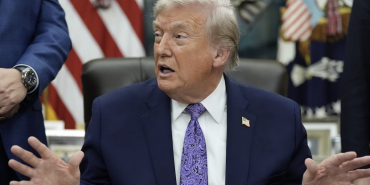
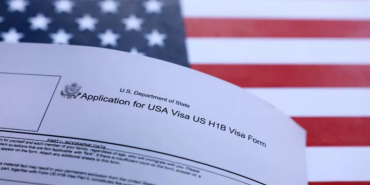
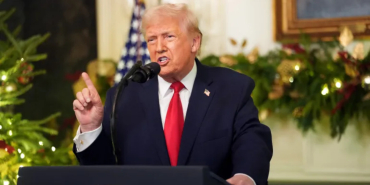
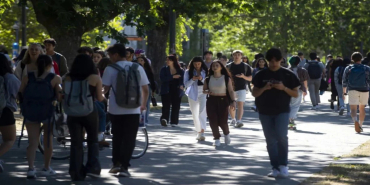
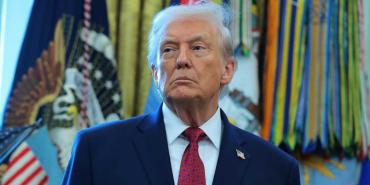
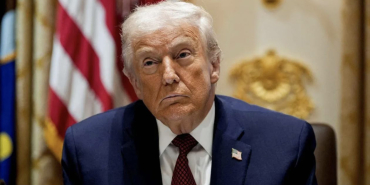

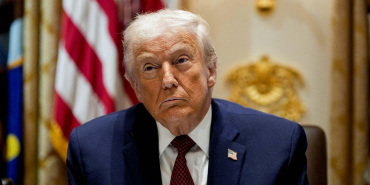

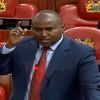


Add new comment